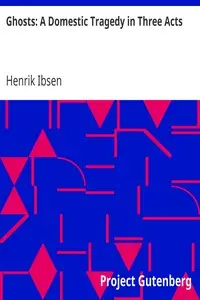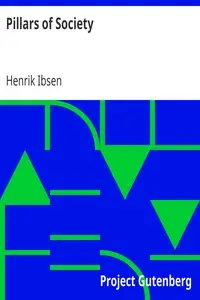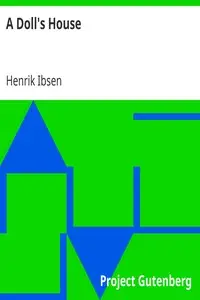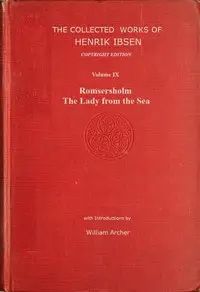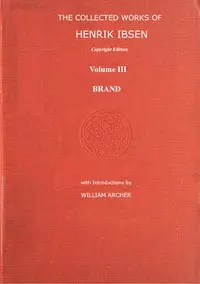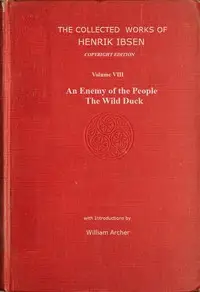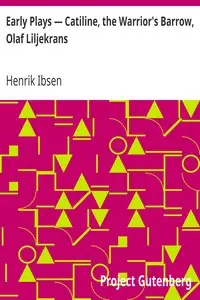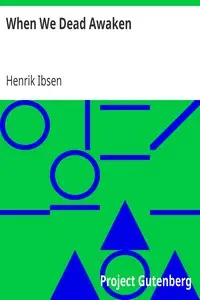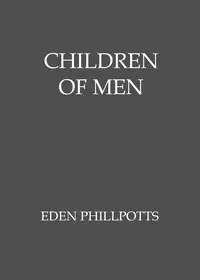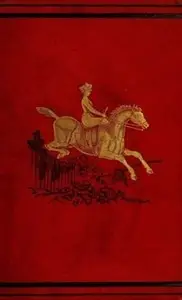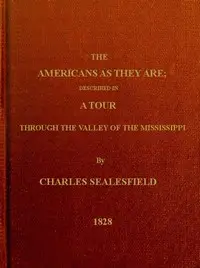"Rosmersholm" by Henrik Ibsen is a play that looks at the life of John Rosmer, a former religious leader dealing with his past, including the memory of his dead wife, Beata, and his connection with Rebecca West, who manages his household and is his friend. The story explores the ideas of being free, what society expects from people, and how guilt can stay with someone, as Rosmer thinks about his feelings for Rebecca and what his decisions mean. The play starts with a calm but intense feeling at Rosmersholm, an old house, one summer evening. Rebecca West and Mrs. Helseth talk about John Rosmer coming back and how he doesn't go near the mill bridge, showing a sad event from his past where his wife died. When Kroll, Rosmer's relative, arrives, it shows the political disagreements and changes happening in their town. As the characters talk about old problems and upcoming political changes, it sets the stage to learn about Rosmer's difficult life choices, how the past affects people, and the fight between what people want and what society says they should do. The beginning creates a feeling of looking inward and hints at the problems that will happen in the play.

Rosmersholm
By Henrik Ibsen
In a home filled with secrets, a man's past returns to haunt his present as love and political tension intertwine.
Summary
About the AuthorHenrik Johan Ibsen was a Norwegian playwright and theatre director. As one of the founders of modernism in theatre, Ibsen is often referred to as "the father of realism" and the most influential playwright of the 19th century, as well of one of the most influential playwrights in Western literature more generally. His major works include Brand, Peer Gynt, Emperor and Galilean, A Doll's House, Ghosts, An Enemy of the People, The Wild Duck, Rosmersholm, Hedda Gabler, The Master Builder, and When We Dead Awaken. Ibsen is the most frequently performed dramatist in the world after Shakespeare, and A Doll's House was the world's most performed play in 2006.
Henrik Johan Ibsen was a Norwegian playwright and theatre director. As one of the founders of modernism in theatre, Ibsen is often referred to as "the father of realism" and the most influential playwright of the 19th century, as well of one of the most influential playwrights in Western literature more generally. His major works include Brand, Peer Gynt, Emperor and Galilean, A Doll's House, Ghosts, An Enemy of the People, The Wild Duck, Rosmersholm, Hedda Gabler, The Master Builder, and When We Dead Awaken. Ibsen is the most frequently performed dramatist in the world after Shakespeare, and A Doll's House was the world's most performed play in 2006.

